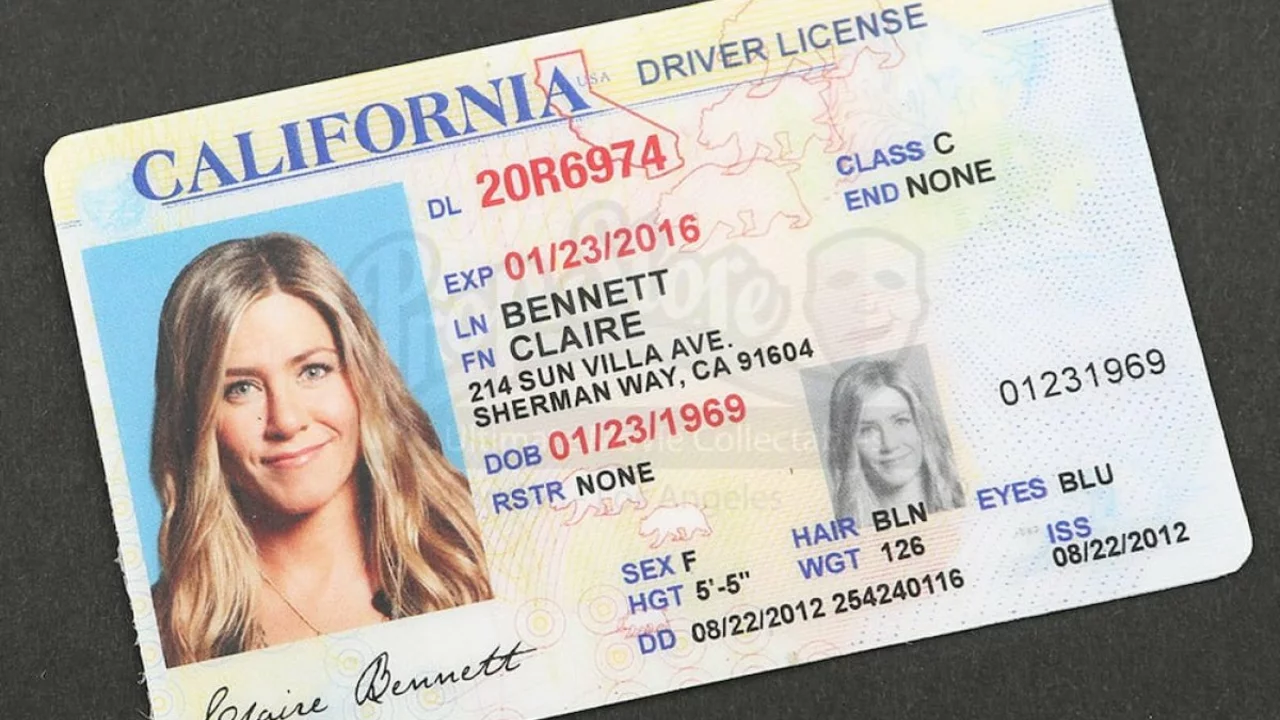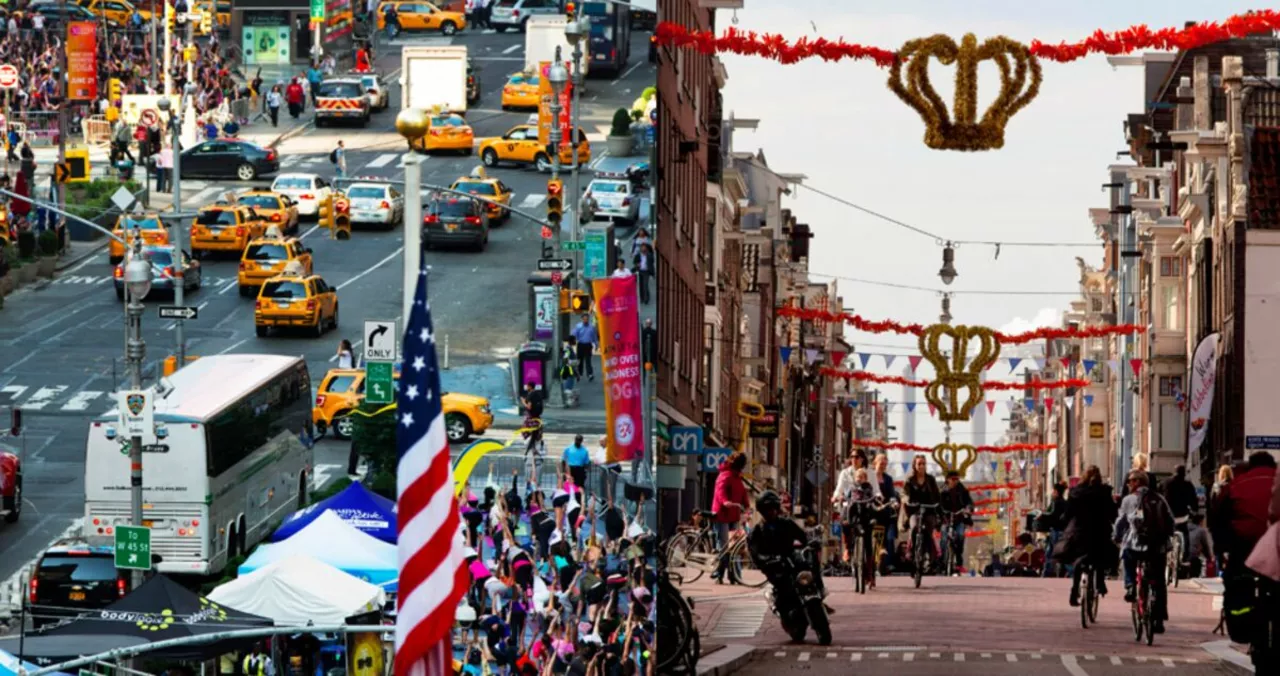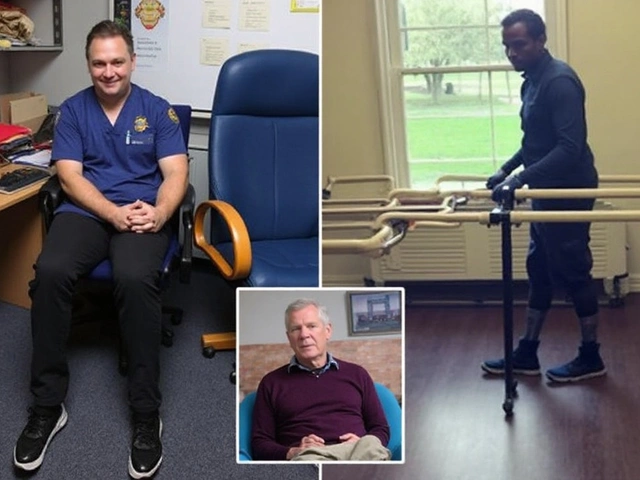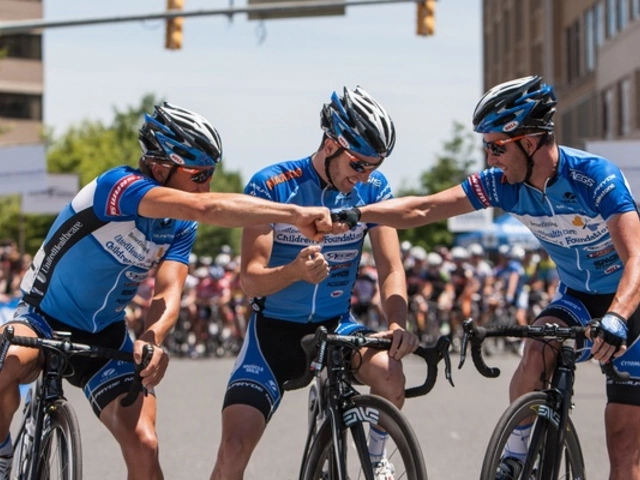USA – American news, sports and culture
When talking about USA, the United States of America, a North‑American federation of 50 states and a global cultural powerhouse, also known as America, you’re stepping into a landscape that mixes geography, politics and pop culture.
American sports, the collection of leagues, events and traditions that dominate the US athletic scene pull huge audiences and drive regional identity. The Green Bay Packers’ 27‑18 Thursday Night Football win over Washington sparked a surge of memes, betting chatter, and post‑game analysis across sports blogs. That rivalry, which dates back to the 1936 NFL Championship, shows how a single game can become a cultural touchstone. Across the country, the NFL’s primetime slots generate billions in advertising revenue, illustrating the commercial weight of American sports. Meanwhile, in the world of cycling, the Tour de France permits strategic bike swaps, a rule that US riders often exploit to tackle steep mountain stages without losing momentum. The blend of engineering, tactics, and sheer stamina in these events reflects a broader US fascination with pushing physical limits, whether it’s a grueling marathon, a high‑speed basketball dunk, or a split‑second decision on a downhill trail.
US entertainment, movies, music, video games and live performances that shape global pop culture constantly evolves and sets worldwide trends. Taylor Swift’s decision to wear Bob Mackie’s iconic Las Vegas showgirl costume for her new album launch sparked a fashion flashback that flooded Instagram and TikTok feeds, proving that a single wardrobe choice can revive a designer’s legacy overnight. At the same time, the release of Ghost of Yōtei by Sucker Punch highlights how American studios keep redefining open‑world action, earning an 87 on Metacritic and drawing gamers into a narrative that mixes mythic storytelling with tight combat mechanics. These cultural moments illustrate America’s knack for blending nostalgia with innovation, turning music videos, blockbuster films, and video‑game launches into shared experiences that cross age and geography.
US legal system, the network of courts, statutes and enforcement agencies that regulate American life often lands in headlines for dramatic reasons. The recent insurance fraud case involving surgeon Neil Hopper—who allegedly self‑amputated to claim nearly £500,000—exposes a bizarre clash between medical practice and criminal law, prompting a national conversation about oversight and ethical boundaries. Such stories are not isolated; they sit alongside everyday legal topics like consumer protection, privacy regulations, and the growing focus on cybercrime. On the health front, a side‑by‑side comparison of daily walking versus cycling shows how simple habits can reshape mood, cardiovascular fitness, and even leg aesthetics. Readers in the US are increasingly turning to these practical guides to improve wellbeing without pricey gym memberships, reflecting a broader cultural shift toward accessible, evidence‑based lifestyle changes.
Beyond sport, entertainment and law, the United States is a hotbed for tech‑driven lifestyle trends. From Garmin’s 235 smartwatch that now includes a dedicated cycling mode to budget‑friendly bike‑sharing programs sprouting in major cities, technology is making it easier for Americans to track performance and stay active. Even niche topics like the durability of high‑end socks have found a place in consumer forums, where enthusiasts debate material science and cost‑benefit ratios. These seemingly small details collectively paint a picture of a nation that scrutinizes both the grand spectacles and the everyday tools that improve daily life.
What’s inside this collection?
The articles below cover everything from NFL showdowns and cycling rules to celebrity style, video‑game breakthroughs, courtroom intrigue, and easy‑to‑follow health tips. Whether you’re a sports fan, a pop‑culture buff, or just curious about the latest US stories, you’ll find fresh perspectives and concrete details that keep you informed.
Scroll down to explore each story and see how the USA continues to shape news, sport and culture around the globe.

Do you need a license to drive a cycle in the USA?
Well, friends, strap on your helmets and pump up those tires because the answer is a resounding "nope!" You don't need a license to take your bicycle on a spin in the good ol' U.S. of A.! So, go ahead, channel your inner Lance Armstrong (minus the doping scandal, of course). Enjoy the freedom, the wind in your hair, the bugs in your teeth, because bureaucracy can't touch you here. Happy cycling, my friends, and remember, you heard it here first!
Read More
Why is cycling much more popular in Europe than the USA?
Cycling is a popular mode of transportation in Europe while it is not widely used in the United States. There are a number of reasons why cycling is more popular in Europe than the USA. In Europe, cities are more compact and bike lanes are abundant and well-maintained, making it easier and safer for cyclists to get around. Additionally, cycling is a common form of exercise in Europe and there is a strong environmental ethic, which encourages people to choose cycling over other, more polluting forms of transportation. In contrast, American cities are not bike-friendly, and the car is still preferred. This is partly due to the sprawling nature of American cities, making cycling to work or school difficult or dangerous. As such, cycling simply isn't as common or accessible in the United States as it is in Europe.
Read More



